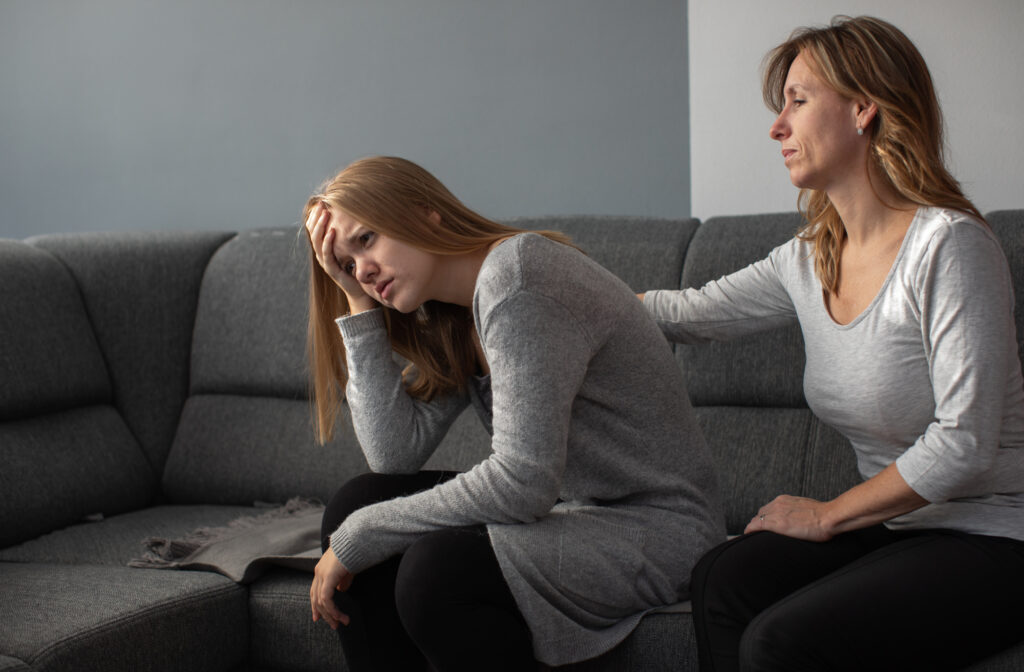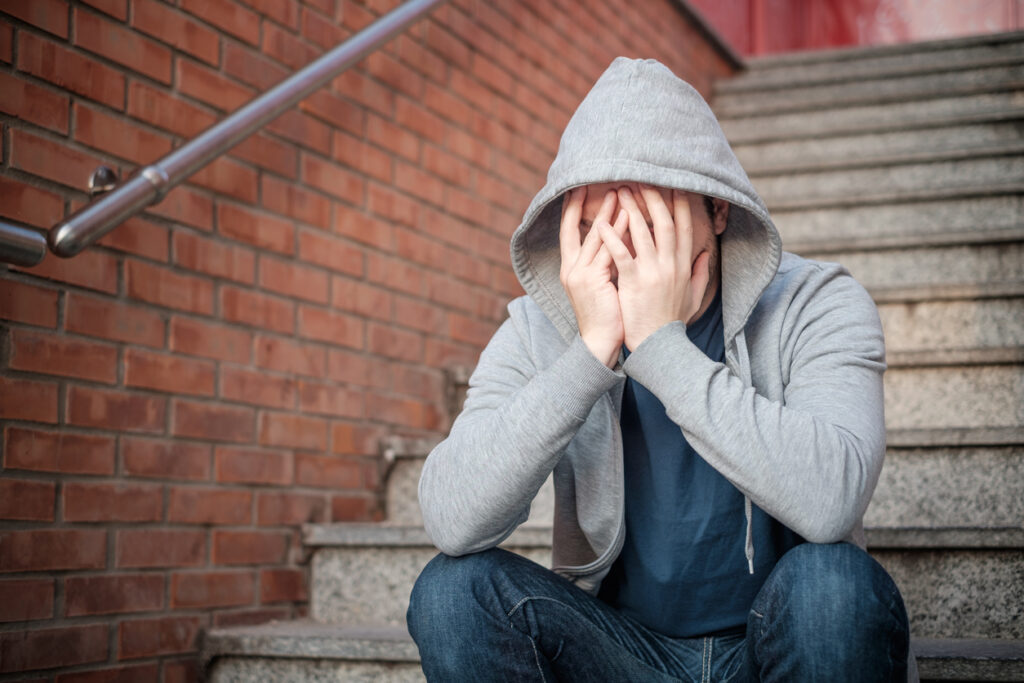Anxiety is a common mental health issue that many teenagers face today. It goes beyond the occasional nerves before a big exam or a first date—it can become an overwhelming condition that affects everyday life. Common symptoms include constant worry, irritability, restlessness, difficulty concentrating, and physical symptoms like headaches or stomach aches. As a parent, recognizing these signs is the first step in helping your teen manage anxiety. Here, we’ll discuss whether anxiety medication for teens might be helpful for your child and offer an overview of the best anxiety medication for teens.

When Is Medication Necessary for Anxiety in Teens?
Anxiety in teens can be managed through different methods, such as therapy, lifestyle changes, or relaxation techniques. However, when anxiety significantly affects a teen’s daily life, medication might be recommended by a healthcare professional. This decision is typically made after other treatments have been tried or if the symptoms are severe. It’s crucial to understand that anxiety medications for teens are often most effective when combined with therapy.
Best Anti-Anxiety Medication for Teens
There are several types of medications that doctors may prescribe to help manage anxiety in teens. Here’s a breakdown of the most common ones:
Selective Serotonin Reuptake Inhibitors (SSRIs)
SSRIs are often considered the best anxiety medication for teens. These medications work by increasing serotonin levels in the brain, which helps improve mood and reduce anxiety. Common SSRIs prescribed to teens include:
- Fluoxetine (Prozac)
- Sertraline (Zoloft)
- Escitalopram (Lexapro)
Serotonin-Norepinephrine Reuptake Inhibitors (SNRIs)
SNRIs are similar to SSRIs but also affect norepinephrine, another chemical in the brain. They are sometimes prescribed if SSRIs are not effective. Examples include:
- Venlafaxine (Effexor XR)
- Duloxetine (Cymbalta)
Benzodiazepines
Benzodiazepines are fast-acting medications used for short-term relief of severe anxiety symptoms. However, they are not usually recommended for long-term use in teens due to the risk of dependence. Common benzodiazepines include:
- Alprazolam (Xanax)
- Lorazepam (Ativan)
Beta-Blockers
While primarily used for heart conditions, beta-blockers can help reduce physical symptoms of anxiety, such as rapid heartbeat and trembling. They are typically used on an as-needed basis rather than daily.
Buspirone
Buspirone is an anti-anxiety medication that is not as fast-acting as benzodiazepines but carries a lower risk of dependence. It’s often used for generalized anxiety disorder (GAD).
Potential Side Effects of Anxiety Medication for Teens
As with any medication, there can be side effects. Common side effects of medication for anxiety in teens may include:
- Nausea
- Dizziness
- Fatigue
- Weight gain or loss
- Changes in sleep patterns
It’s essential for parents to monitor their teen’s reaction to the medication and communicate with their healthcare provider about any concerns.

The Importance of Working with a Healthcare Professional
Deciding whether anxiety medication is right for your teen should always be done in partnership with a healthcare professional. A psychiatrist, pediatrician, or psychologist can help determine the most appropriate treatment plan based on your teen’s specific symptoms and medical history. Regular check-ins are crucial to monitor the medication’s effectiveness and make any necessary adjustments.
Alternatives and Complementary Treatments for Anxiety in Teens
Medication is not the only way to manage anxiety in teens. Many treatments can work alongside or instead of medication, such as:
Cognitive Behavioral Therapy (CBT): A highly effective form of talk therapy that helps teens understand and change negative thought patterns.
Exercise: Physical activity can reduce anxiety by releasing feel-good chemicals in the brain.
Mindfulness and Relaxation Techniques: Practices like yoga, meditation, and deep breathing can help manage stress and anxiety.
Supporting Your Teen Through Treatment
Supporting your teen through anxiety treatment means being patient, understanding, and open to communication. Encourage them to share their feelings about their medication or therapy and remind them that it’s okay to seek help. Small steps forward are still progress, and your support can make a big difference in their journey.
If you need professional guidance, Evolve offers specialized treatment programs for teens with anxiety. Our compassionate team is here to help your teen manage their anxiety and build a brighter future. Contact Evolve today to learn more about how we can support your family.
FAQs About Best Anxiety Medication for Teens
If your teen is hesitant to take their medication, start by having an open conversation about their concerns. It’s important to understand their feelings and provide reassurance. Consulting with their healthcare provider can also help address any fears or misconceptions they may have.
Most anxiety medications can take several weeks to show their full effects. It’s essential to be patient and continue to communicate with the prescribing doctor about your teen’s progress and any side effects they may experience.
It is not advisable to stop anxiety medication abruptly without consulting a healthcare professional. Doing so can lead to withdrawal symptoms or a resurgence of anxiety. A gradual tapering plan should be discussed with the doctor if discontinuation is necessary.
Yes, several non-medication alternatives can help manage anxiety, including cognitive behavioral therapy (CBT), mindfulness practices, exercise, and lifestyle changes such as improved diet and sleep hygiene. These options can be effective and are often used in conjunction with medication.
If your teen experiences side effects from their medication, maintain open communication and encourage them to report these to their doctor. Adjustments to the dosage or a change in medication may be necessary to find the right fit for your teen’s needs.


































































